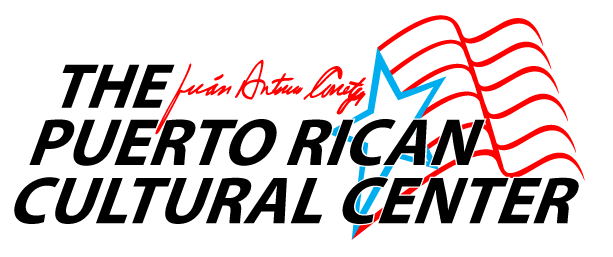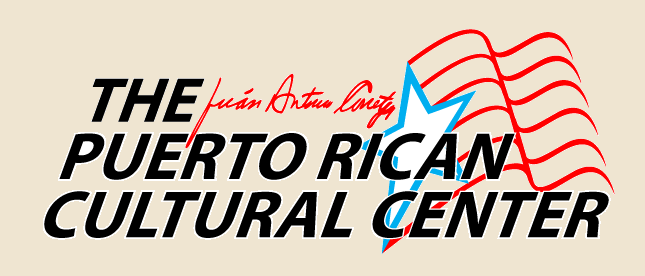“When they want to set boundaries they do so strategically. Fortuño just signed a bill providing funds to the Puerto Rican film industry to attract more Hollywood films. They are investing millions and, who do they bring to sign this law? Jennifer Lopez and Marc Anthony. They lay claim to the Diaspora when Obama named Sonia Sotomayor. The Diaspora works for some things and not others, “explains Dr. Aparicio. She adds that recognizing the legitimacy of the subject in the Diaspora is still very difficult in the case of Puerto Ricans. However, she emphasized, that the voices of the Diaspora must be legitimate because the Diaspora is involved in political struggles and conflicts of ideology.
In the wake of recent comments by the Resident Commissioner, Pedro Pierluisi, questioning the Puerto Rican identity of Congressman Luis Gutiérrez and his credibility to denounce anti-democratic events in Puerto Rico, La Voz del Paseo Boricua interviewed Dr. Frances Aparicio, director of the Latino Studies Program at Northwestern University, and Dr. Maura Toro Morn, a professor in the Latino Studies Department at the State University of Illinois. Both academics agreed that the Puerto Rican identity is shared by eight million people, four million in Puerto Rico and four million out of Puerto Rico, but with close family, social and cultural ties on the island, plus a historical thread that binds them. The points raised by the Congress and the Resident Commissioner have promoted interesting debates on migration and transmigration. For Dr. Toro, Pierluisi has as much right, say and desire to set out his political ideas as does Gutiérrez. “To silence groups because they live in the Diaspora does not strengthen political dialogue, moreover, it separates, makes a dividing line. It seems a rather limited perspective when we really are all in the same political situation. “
For her part, Dr. Aparicio believes that Gutiérrez is the only person who would be willing to condemn the administration. “It’s not about who is allowed to. If the government is abusing its power it must be condemned. The current administration is an accomplice and agent of this violence. Pierluisi will not denounce the violence because it goes against his interests,” she explained.
Professor Toro argued that Puerto Rican society is very diverse and a politician can not claim to represent the voice of the Puerto Rican people, both on the island and in the Diaspora, and therefore, a leader can not be sufficiently comprehensive.
“A political leader who wants to be the only voice of the people of Puerto Rico is very narrow minded because the voice of the Puerto Rican people can not distilled into a single political voice. It seems a bit arrogant to want to silence a voice of the Puerto Rican community in the U.S. who has worked for the Puerto Rican people, both here and there. Any person who represents Puerto Rico has to understand the dynamics of the community in the Diaspora.
“ The nation has a geographical and political boundary established in Puerto Rico. Upon Puerto Ricans leaving, the nation as an ideology goes with them. Puerto Ricans in the U.S. (going on now for a third generation) have never ceased to be Puerto Ricans. The nation can not be framed in the Island. The nation lives in the Diaspora.
Among the allegations that Gutiérrez made on the floor of the U.S. House of Representatives last February 16th and March 2nd , appear the unethical and politicized determinations of the Chief Judge of the United States District Court for the District of Puerto Rico, José A. Fusté, imposing a gag order in a lawsuit against the Bar Association of Puerto Rico, which led to the imprisonment of the President of the Association, Osvaldo Toledo, due to his attempts to keep the members of the association informed. Gutiérrez also denounced the complicity of the New Progressive Party (PNP) administration in the violation the civil and human rights by the police of Puerto Rico against students and demonstrators at recent protests on the island. The violation of these rights have been characterized by the use of excessive force, including kicking, pepper spray, rubber bullets, sexual harassment by police officers, use of the Tactical Operations Division against unarmed demonstrators, violations of freedom of expression and association, among others.
Vanesa Baerga







